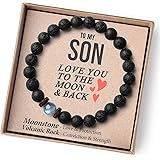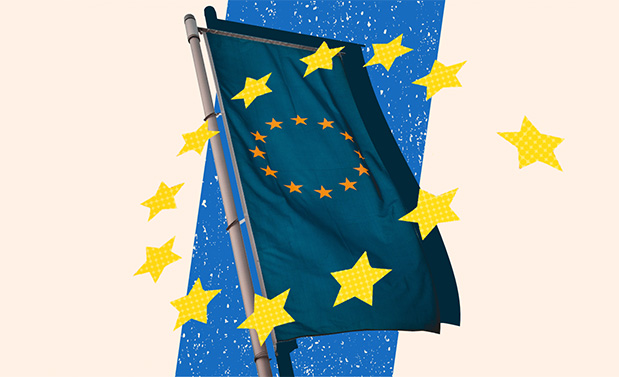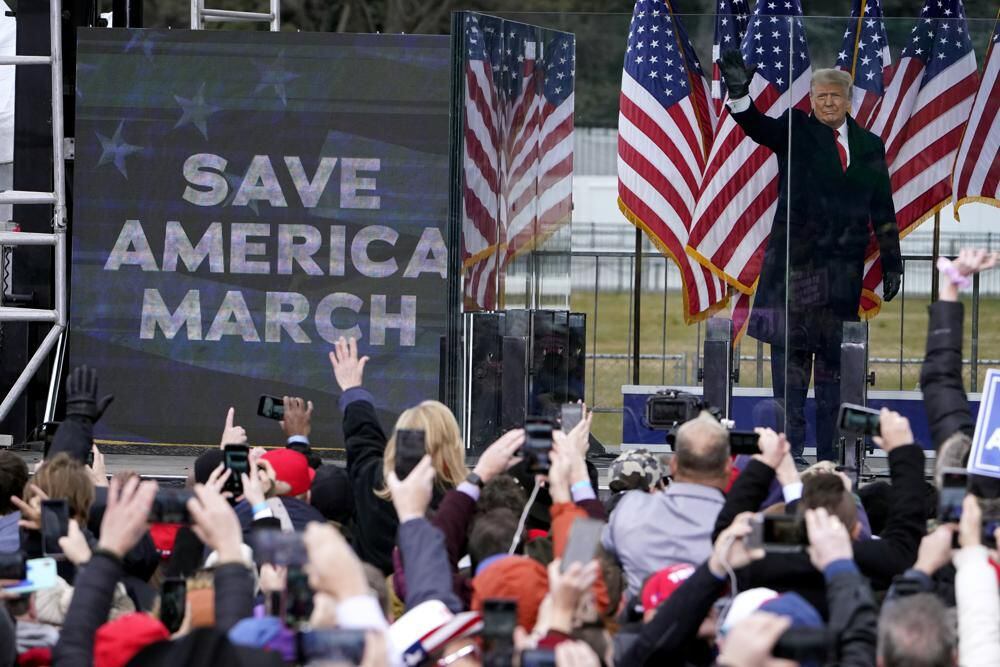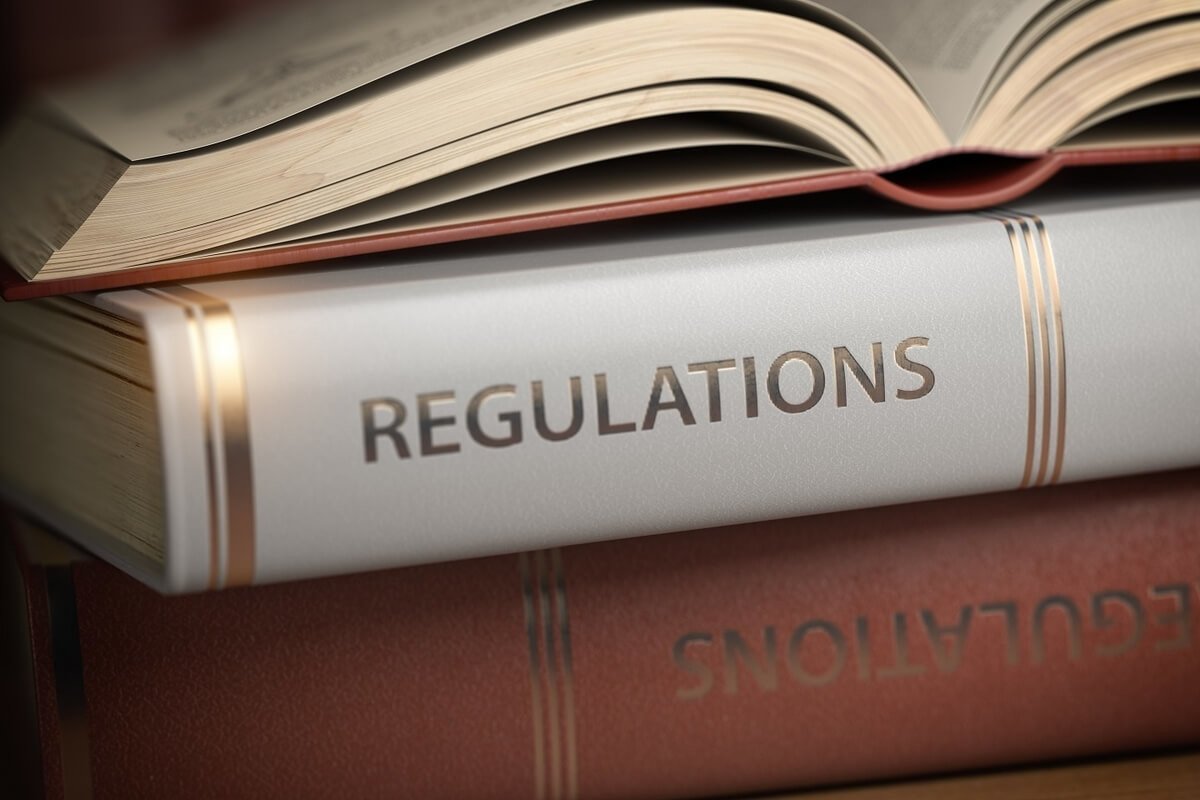A Tesla driver will pay more than $23,000 in restitution for the deaths of two people during a 2019 car crash in a Los Angeles suburb, a decision announced the same day that the automaker recalled nearly all vehicles sold in the U.S.
Wednesday’s court hearing wrapped up a case believed to be the first time in the U.S. prosecutors brought felony charges against a motorist who was using a partially automated driving system. It was among a series of deadly crashes investigated by the National Highway Traffic Safety Administration that led to this week’s recall.
The recall affects more than 2 million Tesla vehicles and will update software and fix a defective system that’s supposed to ensure drivers are paying attention when using Autopilot. It came after a two-year federal investigation into crashes that happened while the Autopilot partially automated driving system was in use.
The Tesla driver in the Los Angeles case, Kevin Aziz Riad, pleaded no contest to two counts of vehicular manslaughter with gross negligence. Despite facing more than seven years behind bars, a judge sentenced him to probation in June.
Aziz Riad’s attorney, Peter Johnson, did not respond to a request for comment Friday.
Authorities say Aziz Riad, a limousine service driver, was at the wheel of a Tesla Model S that was moving at 74 mph (119 kph) when it left a freeway and ran a red light on a local street in Gardena, California, on Dec. 29, 2019.
The Tesla, which was using Autopilot at the time, struck a Honda Civic at an intersection, and the car’s occupants, Gilberto Alcazar Lopez and Maria Guadalupe Nieves-Lopez, died at the scene. Their families have separately filed civil lawsuits against Aziz Riad and Tesla that are ongoing.
Donald Slavik, who is representing Alcazar Lopez’s family, said while they are appreciative of any restitution, it’s “a very small amount of the damages” they have suffered. Their suit is scheduled to go to trial next year.
“The recently announced recall, if it limits the use of Autopilot to controlled access highways, would likely have prevented this tragic incident,” Slavik said in an email Friday.
An attorney for the Nieves-Lopez family also did not respond to a request for comment.
Subscribe to the Eye on AI newsletter to stay abreast of how AI is shaping the future of business. Sign up for free.
Note: This article have been indexed to our site. We do not claim legitimacy, ownership or copyright of any of the content above. To see the article at original source Click Here













